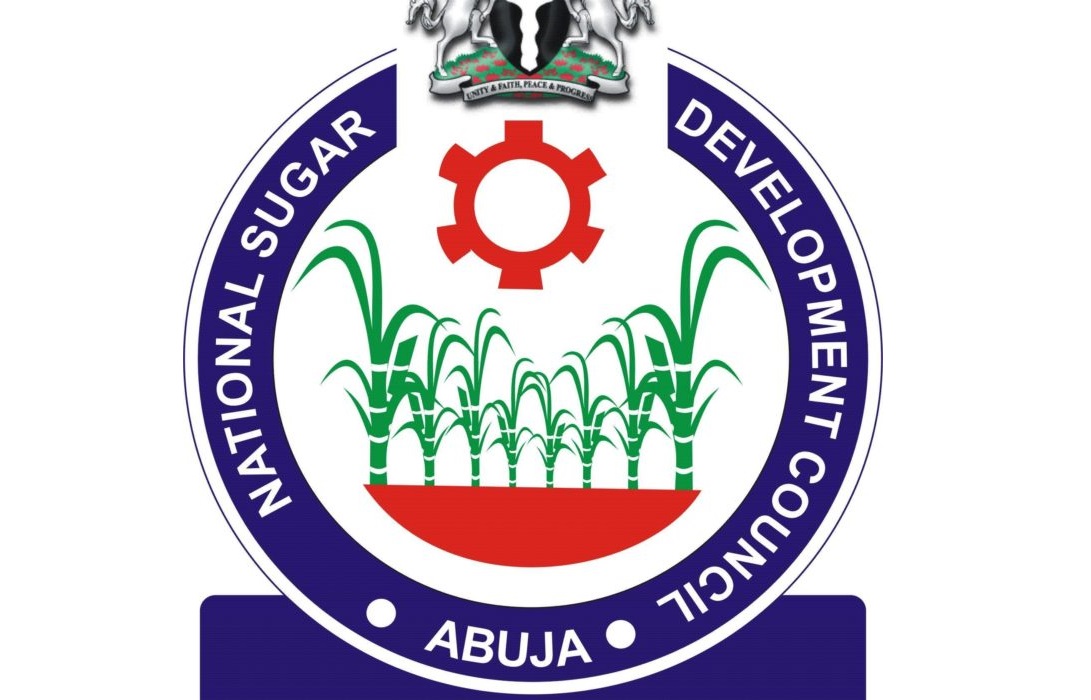What does the National Sugar Development Council do?
Last week, a Nigerian woman tweeted a sarcastic question with the picture of The National Sugar Development Council (NSDC), taunting: What does the National Sugar Council do? The Twitter responses from other Nigerians varied, with most responders making funny remarks and sharing memes that suggested this was just another wasteful, if not fraudulent organisation set […]

The Executive Secretary of the National Sugar Development Council (NSDC)
Last week, a Nigerian woman tweeted a sarcastic question with the picture of The National Sugar Development Council (NSDC), taunting: What does the National Sugar Council do? The Twitter responses from other Nigerians varied, with most responders making funny remarks and sharing memes that suggested this was just another wasteful, if not fraudulent organisation set up by the Nigerian government for no apparent reason.
I wanted to engage them on Twitter and argue that the NSDC could not have been set up to make sure that the sugar in our pap or tea tastes great every morning. However, I decided to write this piece to simply educate those who are oblivious that the NSDC is playing a crucial role in ensuring the growth and sustainability of the sugar sector in Nigeria, which has enormous economic potential for the country.
The NSDC was established in 1993 under the Nigerian Sugar Development Council Act to facilitate the development of the sugar industry. It is still imperative to realise the efficient utilisation of resources for the production of sugar in Nigeria. The NSDC is responsible for policy formulation, monitoring, and evaluation of sugar development programmes in Nigeria.
The council is an essential part of the Nigeria Sugar Master Plan, which was developed to guide the growth and development of the sugar industry in the country. The plan seeks to achieve self-sufficiency in sugar production, reduce the country’s reliance on sugar imports, and create jobs for Nigerians.
The plan has several objectives, including increasing local sugar production, enhancing the competitiveness of the Nigerian sugar industry, promoting value addition and diversification in the sugar industry, and creating a conducive environment for investment in the sector.
The NSDC works to achieve these objectives by collaborating with stakeholders in the sugar industry, providing technical assistance, and creating an enabling environment for the establishment of new sugar plants and the expansion of existing ones. It also ensures compliance with quality standards and regulations for the production, processing, and distribution of sugar in the country.
According to NSDC, the demand for sugar in Nigeria was estimated to have grown from 442,867 metric tons in 1995 to about 1,301,494 metric tons in 2005 showing an average annual growth rate of seven per cent while local production accounted for less than two per cent, Today, demand has risen to about 1.5mmt while local production has stagnated. This underdeveloped state of the sugar industry and the low local sugar production has deprived the country of all the benefits derivable from a vibrant sugar sector leaving some unwanted consequences notably, the annual drain on the nation’s foreign exchange earnings, loss of hundreds of thousands of employment opportunities and food insecurity arising from sugar import dependence.
Given the strategic importance of sugar, it became imperative that the nation’s precarious dependence on sugar be checked particularly since Nigeria has the potential to become a net exporter of the commodity if the capacity of the existing sugar plants is enhanced, new plants established and sugarcane out-grower farmers encouraged and supported through provision of credit facilities, procurement of necessary inputs and development of basic infrastructure.
Therefore, The National Sugar Development Council is a critical agency that plays a crucial role in promoting and developing the sugar industry in Nigeria. The NSDC is essential for the implementation of the Nigeria Sugar Master Plan and the achievement of self-sufficiency in sugar production, job creation and economic development.
The council is committed to transparency and accountability in its operations, and it regularly publishes reports and financial statements that provide information on its activities, revenue, and expenditure.
This is why the Twitter post allegations are unfounded and absurd. It is certainly not true that the NSDC is set up to siphon money or enable corruption. The NSDC is a government agency with a clear mandate to promote and develop the sugar industry in Nigeria, and its activities are subject to regulation, and oversight to ensure transparency and accountability in its operations.
